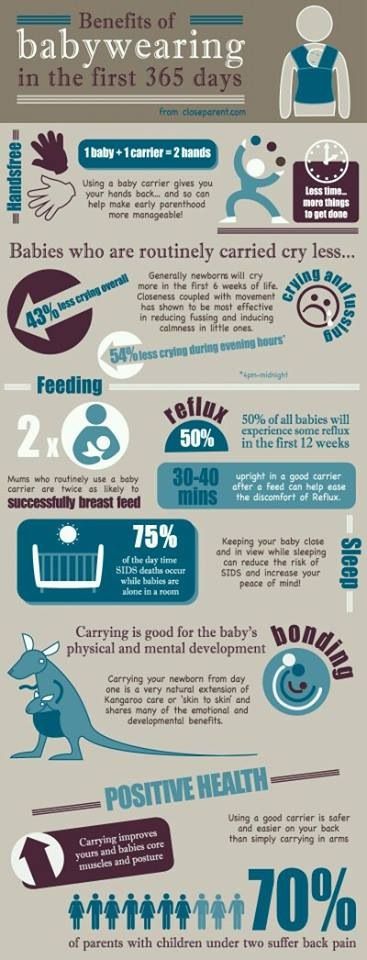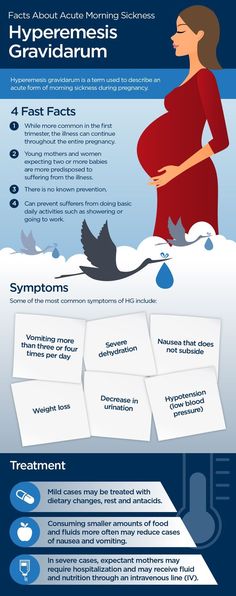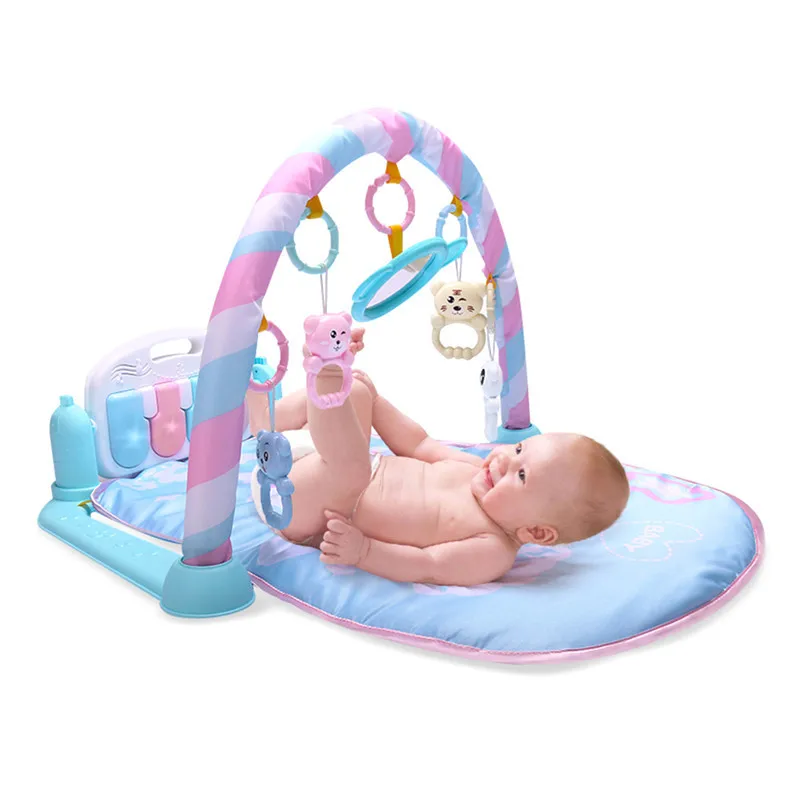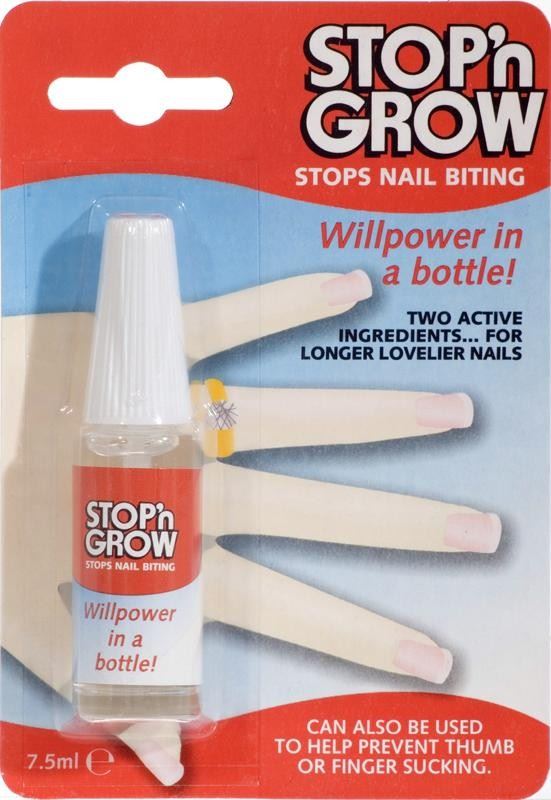What to do with your newborn all day
A day in the life of a newborn
Newborn babies seem to mostly sleep, eat, cry and poo. But as you and your baby get to know each other and bond in your early days together, your day will also involve cuddling and playtime. All babies are different — their eating and sleeping patterns often change, and it may take some time for them to settle into a routine.
You may prefer that your day-to-day activities follow what your newborn does. Alternatively, you may like to start to establish a very simple routine. Either way, your baby and you will begin to settle into a daily pattern of sleeping, feeding and playing.
Sleeping
Newborns spend most of their time sleeping between feeds. Each sleep period is around 2 to 3 hours. However, your baby may start to stir after 40 minutes and may need your help to settle back into sleep again. In a 24-hour period, they may be asleep for 16 hours.
Your baby cannot tell the difference between sleeping during the day and night, and will probably wake for feeds 2 to 3 times during the night. Once your baby is a month old, they may start sleeping for longer periods at night, and from 3 to 6 months they may sleep for 4 to 5 hours at a time.
Because a newborn's sleep patterns change regularly, it is a good idea in the first few months to take it slowly and remain flexible.
Feeding
Whether you choose to breastfeed or bottle feed, your baby will need about 6 to 8 feeds in a 24-hour period, for a total of around 2 to 5 hours a day. Breast milk is easily digested, so if you are breastfeeding, your baby may even feed up to 12 times a day.
At certain times, your baby may feed very frequently, which is called cluster feeding. After the cluster feed, they might have a longer sleep.
If you want to calculate the time between feeds, you should work out the time from the beginning of the last feed, not the end.
As well as providing your baby with the important nutrition that they need to grow, feeding your newborn is a great way to have some cuddle time.
Listen to Dianne Zalitis, midwife, talk about what to expect when you bring your baby home on the Babyology podcast.
Cuddling and playing
Making time for cuddling and play time with your baby as part of your daily activities is important for their growth and development. The key is to interact with your newborn, rather than giving them games and toys. Ideas for playing include:
- making eye contact, smiling and talking
- singing nursery rhymes
- taking your baby for a walk
- reading or telling them a story
- making faces
- blowing raspberries
Other play ideas include:
- giving your baby different things to look at and feel while talking to them
- giving your baby supervised tummy time each day
- making sounds
- giving your baby a massage
For some babies, play time might simply involve cuddling or having a quiet stretch and kick on a blanket.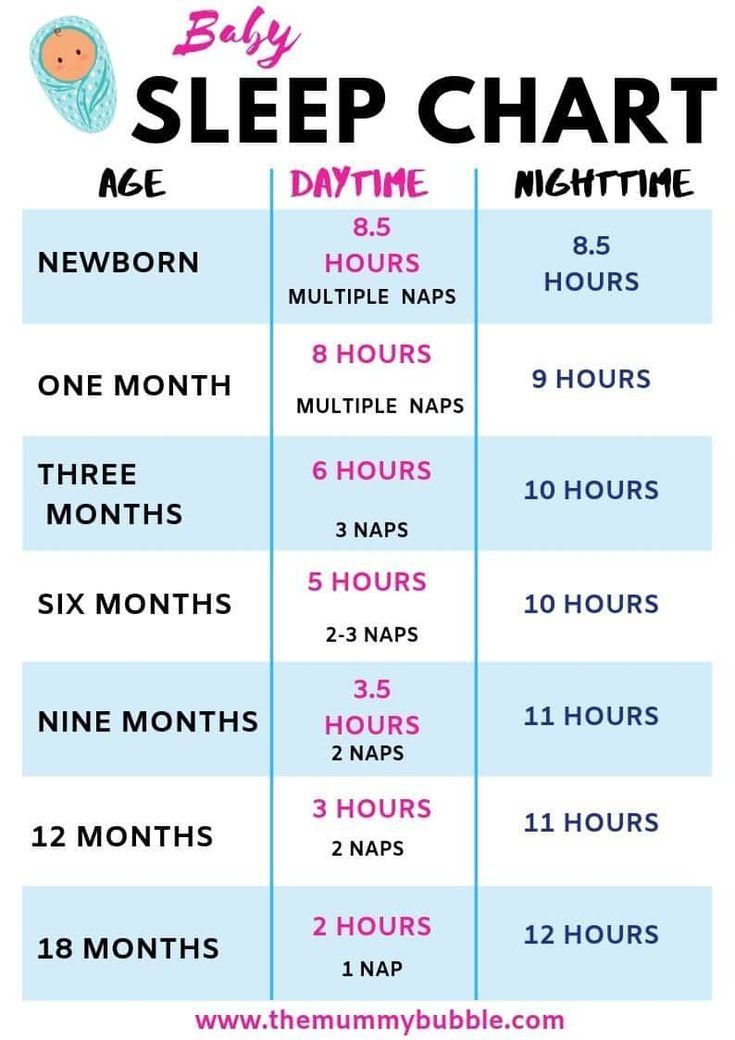 Some may want only 10 minutes play at one time, while others may prefer longer. It is best to pay attention to your baby's behaviour; if they seem upset or unsettled, they may be frightened, tired or overwhelmed. If so, try a quieter activity later on. Alternatively, you may notice from their behaviour that they are getting tired and need to sleep.
Some may want only 10 minutes play at one time, while others may prefer longer. It is best to pay attention to your baby's behaviour; if they seem upset or unsettled, they may be frightened, tired or overwhelmed. If so, try a quieter activity later on. Alternatively, you may notice from their behaviour that they are getting tired and need to sleep.
Crying
Sometimes it seems as if your baby is always crying! This is normal and is a way for your newborn to communicate with you.
About 1 in 10 babies cry more than 3 hours a day. You may find that your newborn cries more in the afternoon or early evening than at other times.
When your baby is crying, check if they are hungry, tired or uncomfortable. They may need feeding, settling to sleep, a clean nappy, or your baby could be too hot or cold. They could be frightened, needing a cuddle, excited or overtired.
As you get to know your baby better, you will start to recognise different types of cries and what they mean.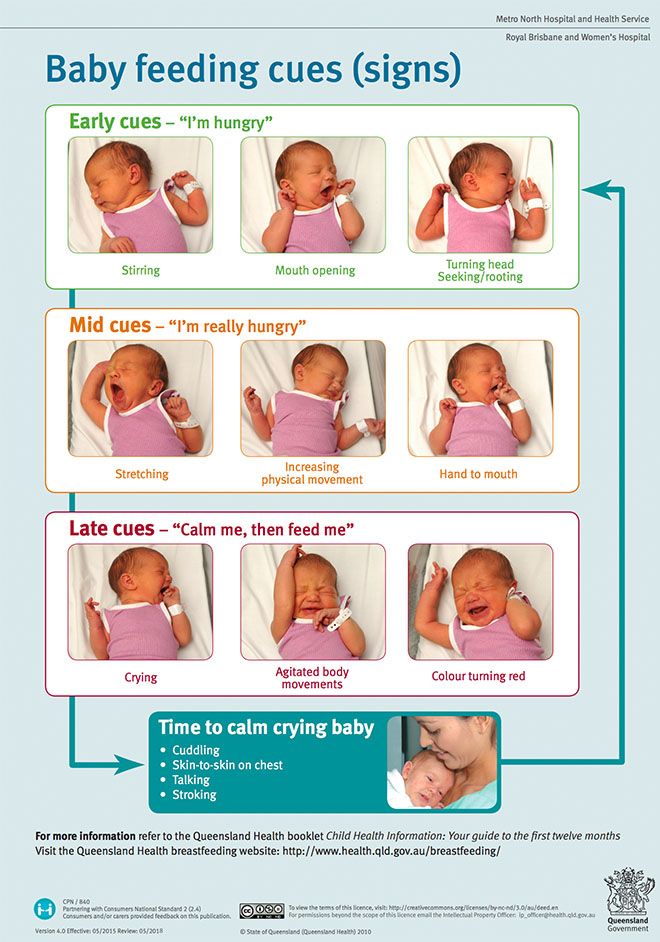 Responding to your baby's crying is an important part of trust and bonding.
Responding to your baby's crying is an important part of trust and bonding.
Other activities
Part of your daily routine will also involve regularly changing nappies and washing your baby.
What routines can I start with my newborn?
It helps to remain flexible with newborns. However, you might choose to start doing simple things with your baby in a similar order when it comes to sleeping, feeding and playing:
- when your baby wakes from a sleep, offer them a feed
- in the middle of, or at the end of the feed, change your baby's nappy
- have cuddle, talk and play time
- settle your baby down to sleep
At night you may prefer to skip play time and simply try to settle them back to sleep.
You should do what you feel is best for you and your baby, but seek advice if you are not sure. Call Pregnancy, Birth and Baby on 1800 882 436 to talk to a maternal child health nurse.
Learn more here about the development and quality assurance of healthdirect content.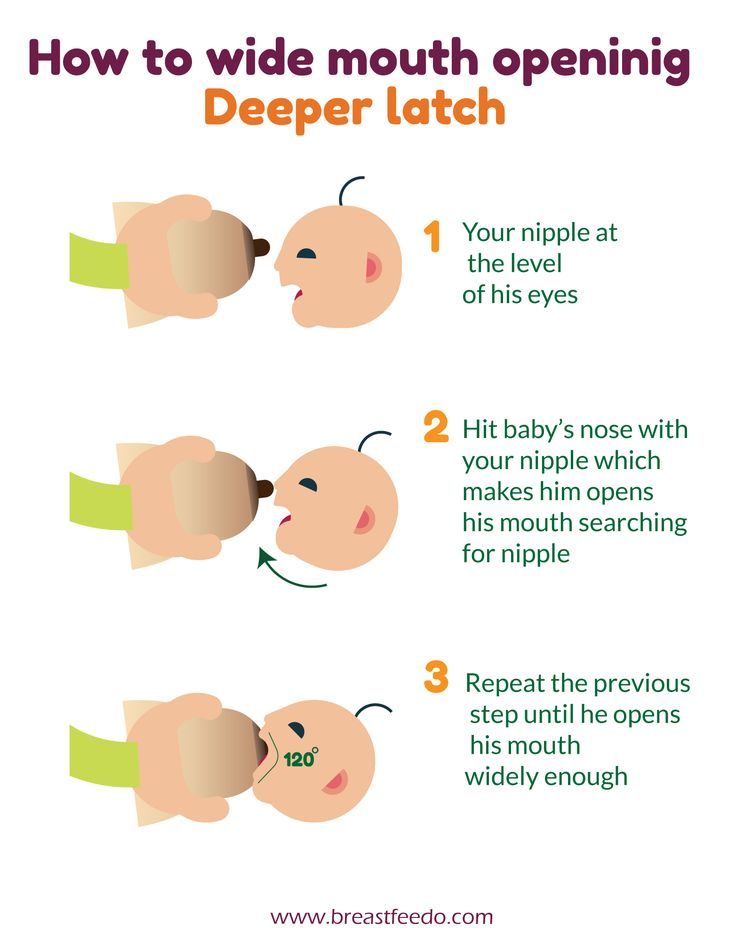
Am I Doing Enough With My Newborn?
Baby’s mind and body are constantly developing in the most amazing ways right now, and we get your enthusiasm about maximizing every moment of this key period. But the truth is, you don’t need to do a heck of a lot to entertain a newborn.
Forget “mommy-and-me” French lessons—right now, baby can benefit most from a few simple activities, says Lisa M. Asta, MD, a clinical professor of pediatrics at the University of California at San Francisco and fellow of the American Academy of Pediatrics. So if you’re doing the following, then you’re definitely doing enough:
Have Tummy Time
While baby should sleep on their back, when they’re awake, baby should have (supervised) time on their tummy. “Tummy time helps with gross motor skills and keeps the head from flattening,” says Asta. “Babies should be on their tummies multiple times a day.” If baby hates tummy time (it happens), sweeten the deal by lying on the floor next to them and encouraging your little one to lift their head up.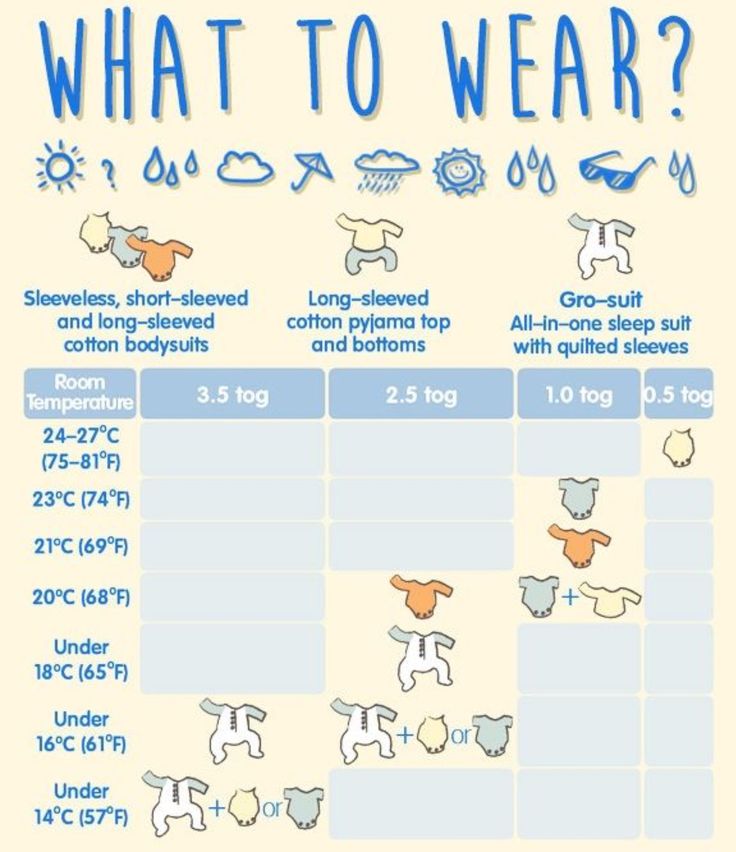 Put items with different colors and textures (like a soft towel) underneath baby during the exercise sessions, or even move the workouts to a shaded spot in the backyard.
Put items with different colors and textures (like a soft towel) underneath baby during the exercise sessions, or even move the workouts to a shaded spot in the backyard.
Get Talking
Having a one-sided convo might feel a little silly at first, but hearing you speak does wonders for baby’s language development. “Look at all the ‘teach-yourself-a-new-language’ programs. They make their money by letting you hear language out loud,” Asta says. It’s okay to leave the witty banter for cocktail parties—right now, your newborn will find even the most mundane topics fascinating. So explain how you’re slicing vegetables for tonight’s dinner. Tell baby what you’re doing during their bath. Point out how the leaves outside are changing color. It may seem boring to you, but trust us, baby is listening.
Sing a Song
Belting out “Single Ladies (Put a Ring on It)” isn’t just fun, it also boosts baby’s language skills. Don’t have Beyonce’s pipes? Don’t worry—your infant won’t judge you on whether you hit all the high notes.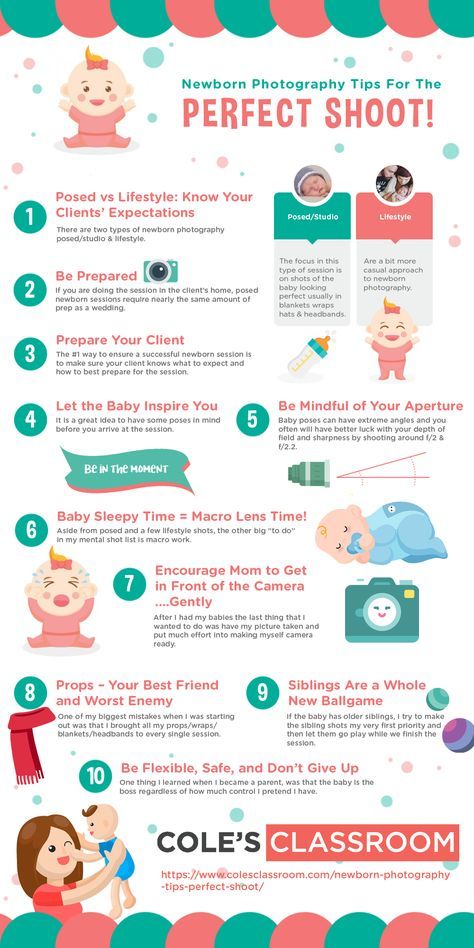 And don’t feel like your soundtrack has to stick to Wonder Pets! or Elmo’s World. “It doesn’t have to be kiddie music that makes you feel like your brain will rot,” Asta says.
And don’t feel like your soundtrack has to stick to Wonder Pets! or Elmo’s World. “It doesn’t have to be kiddie music that makes you feel like your brain will rot,” Asta says.
Read a Book
Reserve time throughout the day to snuggle up and read a book together. Besides the excuse to bond, reading is an ideal way for baby to hear your voice (it’s one of their favorite sounds). Look for board books with pictures of faces or high-contrast patterns in black and white or bright colors.
Go Outside
Given the current concerns surrounding COVID-19, parents of newborns are being advised to limit trips outside of the home. Still, experts say it’s perfectly fine to take a walk with baby for some fresh air and vitamin D. Not only is important for your own sanity, it’s also fun for babies. Just make sure to practice social distancing and consider pulling the stroller canopy down or snuggling baby close to your body in a baby carrier.
Slow Down
Turn your phone on silent every now and then. Focus on baby and slow down to their pace. “Babies change so quickly; every day seems to last a lifetime,” Asta says. “They also operate at so much of a slower pace, and that’s okay. This is a more mellow time. Relax and enjoy it.”
Focus on baby and slow down to their pace. “Babies change so quickly; every day seems to last a lifetime,” Asta says. “They also operate at so much of a slower pace, and that’s okay. This is a more mellow time. Relax and enjoy it.”
About the expert:
Lisa M. Asta, MD, FAAP, is a pediatrican at Casa Verde Pediatrics in Walnut Creek, California, and a clinical professor of pediatrics at the University of California at San Francisco. She is also a fellow of and spokesperson for the American Academy of Pediatrics. She earned her medical degree from Temple University School of Medicine.
Plus, more from The Bump:
New Mom Survival Guide
What Books Should I Be Reading to Baby?
10 Hardest Things About Being A New Mom
Alone at home. With a newborn | Be Healthy
What keeps a young mother dancing around her baby all day long? Just the thought that the child's father would come in the evening and save her for at least twenty minutes.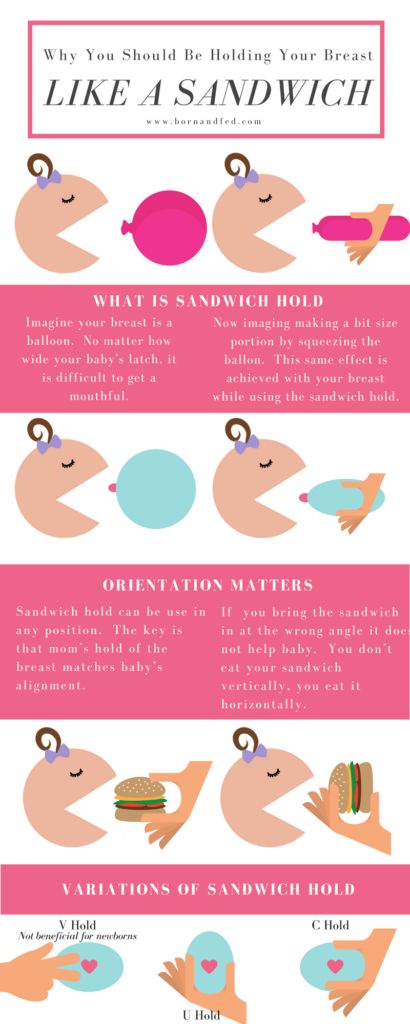 But what if no one comes in the evening? Because the grandmothers have already ended their vacation, and dad was urgently sent, say, on a business trip? I fully experienced all the difficulties of such extreme survival when my husband worked for several months in the “two weeks at home, two weeks on a business trip” mode.
But what if no one comes in the evening? Because the grandmothers have already ended their vacation, and dad was urgently sent, say, on a business trip? I fully experienced all the difficulties of such extreme survival when my husband worked for several months in the “two weeks at home, two weeks on a business trip” mode.
The price of small breaks, when someone else is looking after the child, you understand only if you lose them. Even a short time allotted to you to be alone without feeling guilty is a quick recharge of your batteries for further achievements in the field of motherhood. Therefore, perhaps the most difficult thing when you are left alone with a baby is the complete impossibility to relax and the feeling of being on duty in the universe, which does not even leave you in a dream. Everything else is a matter of establishing a regime and optimizing life. I'm not talking about a situation where a mother is raising a baby alone. Although in this case, some tips may be useful.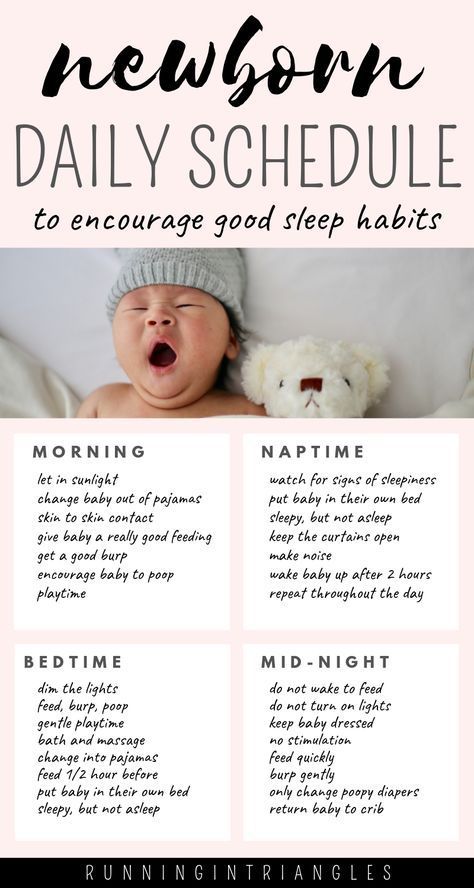
Mother's life support
You can carry a crying baby around the house for hours, being, as they say, "in shorts and a sling" - unwashed and hungry, if in the evening you have the opportunity to eat and clean yourself up. But in a “home alone” situation, you will have to change tactics. The inability to take a shower, go, sorry, to the toilet, and eat at least a couple of times a day - all this greatly unsettles and deprives of strength, physical and moral. Therefore, the drama “I didn’t sit down all day because the baby did not agree to stay in the crib for a minute” is not for you. You have no one to rely on anytime soon. So, first of all, you need to take care of how to function normally yourself.
I will say something that is impossible for most quivering mothers: nothing will happen to the baby in two minutes if the crib is in a safe place. And you will have time to brush your teeth and feel like a man. If you need to satisfy bodily needs, just do it. Whenever possible during a child's sleep.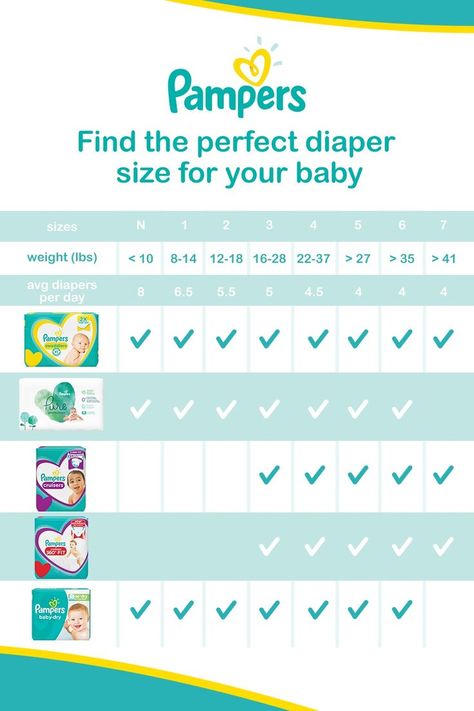 Otherwise - conveniently and safely arranging the baby where he definitely cannot fall. If you don’t want to leave your child alone in the room, take them to the bathroom with you, carefully fastening them in a baby chair or in a car seat. Play peek-a-boo with him! from behind the curtain. Agree, a clean head is worth it to wash it in such an idiotic way.
Otherwise - conveniently and safely arranging the baby where he definitely cannot fall. If you don’t want to leave your child alone in the room, take them to the bathroom with you, carefully fastening them in a baby chair or in a car seat. Play peek-a-boo with him! from behind the curtain. Agree, a clean head is worth it to wash it in such an idiotic way.
In addition, you need to eat regularly. Most likely, there will not be time to prepare pickles (if you have a baby who sleeps twice a day for three hours, and then all night, this article is definitely not for you). Fill your freezer with food that you can prepare in minutes. Such an NZ, by the way, can be done even before childbirth, these reserves help out a lot. Meat and fish immediately cut into portions. Make cutlets and meatballs from minced meat. Keep a few bags of frozen vegetables in stock - they make quite a “quick soup” and “quick side dish”. Buy pasta, sugar, cereals and the like in advance so that there is enough for the entire period of “single motherhood”. If you have the time/desire to peel potatoes occasionally, keep a few kilos in reserve. Several packs of shelf-stable milk will be appropriate if you drink milk. In extreme cases, a few packs of crispbread will come in handy. The bottom line is to avoid the need for major food purchases, if possible, until helpers arrive with bags full of groceries.
If you have the time/desire to peel potatoes occasionally, keep a few kilos in reserve. Several packs of shelf-stable milk will be appropriate if you drink milk. In extreme cases, a few packs of crispbread will come in handy. The bottom line is to avoid the need for major food purchases, if possible, until helpers arrive with bags full of groceries.
To the question that is familiar to all new mothers: “How can I find a moment to eat?” there is a simple answer. You must make a willful decision and simply eat regularly, regardless of the mood of the baby. Hoping that the baby will penetrate, realize and give you the opportunity is almost useless (if you already got a baby who requires permanent attention).
And you also need to sleep more or less normally, because there is no one to take your watch at night. Therefore, the choice between the points “to accomplish a household feat” and “sleep for an hour” is better to make in favor of sleep.
Life or not life?
The washing machine is your best friend at this time.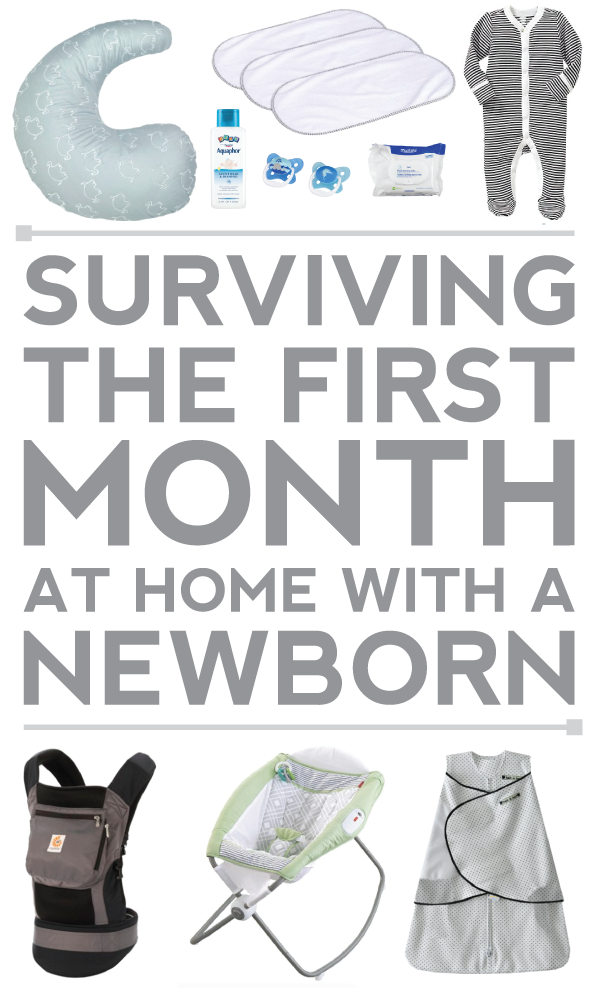 Treat her and love her like a family member. It saves you time and effort by doing a good job. More than that: in principle, she does all the necessary work for the care of infant things. I hint that it is not necessary to iron diapers and undershirts after washing. It is clear that you “can’t imagine how you can sleep on unironed sheets”, and “how can you put rompers on a baby without ironing them?”.
Treat her and love her like a family member. It saves you time and effort by doing a good job. More than that: in principle, she does all the necessary work for the care of infant things. I hint that it is not necessary to iron diapers and undershirts after washing. It is clear that you “can’t imagine how you can sleep on unironed sheets”, and “how can you put rompers on a baby without ironing them?”.
But just in case, I'll tell you: in the maternity hospital, your newborn was washed with water straight from the tap! And he survived. So the benefits of "sterilizing" diapers with an iron are doubtful. Think about the fact that germs will again settle on children's things in just a couple of minutes after ironing. If you don't have time during the day to maintain your former high ironing standards, then no iron is worth choosing over an hour or two of sleep.
As for the order in the house, it is better to maintain it constantly if possible - nothing affects the thoughts in the head worse than the chaos around. I'm not talking about the dangers of dust for babies and their mothers.
I'm not talking about the dangers of dust for babies and their mothers.
Ideally, if the child agrees to sleep on the balcony during the day (unless, of course, your balcony faces some busy highway). Outside, children usually sleep sounder and better. And you get invaluable time for household chores. If, instead of sniffing in two holes for hours, a child draws an Indian folk hut for you - “figs”, you will have to be cunning.
15 minutes can be gained by getting the baby interested in the mobile. Approximately the same amount - if the child is imbued with a developing rug. You will get some time while the child watches you from a sun lounger or car seat. And speak, speak! While you are talking, he is calmer. In the meantime, you will cut the potatoes for the soup.
In the event of particularly cynical infantile rebellion, tie your baby to you with a sling, or wear a kangaroo. You can vacuum, wash floors and dishes, with some skill, cook food and even eat it (be careful with hot).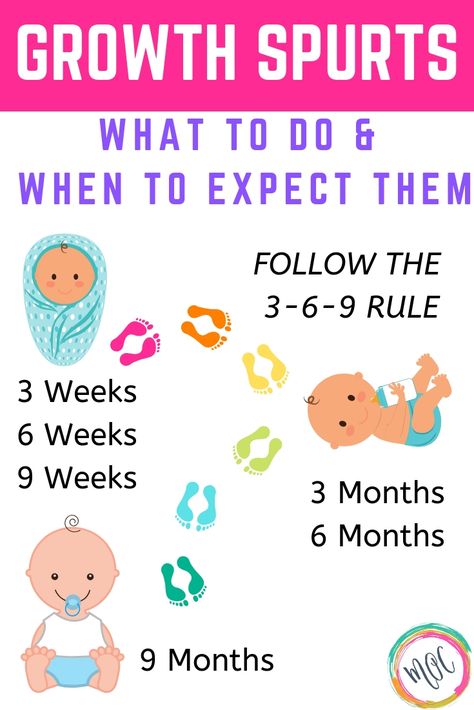 Most likely, the petty rebel will fall asleep faster than you are done with business.
Most likely, the petty rebel will fall asleep faster than you are done with business.
Sling or kangaroo will save you in many situations when there is no one to help and you need free hands. It's a good alternative to a stroller outside if you can't carry the baby vehicle out of the house or onto the front porch of the store on your own. Contrary to expectations, carrying children for the first months of life on oneself is quite a lifting task for the average mother.
So I went to the store for some bread
Try to time everything that needs to be done “in the outside world” to coincide with the walk. Prepare trash for disposal, make a shopping list. The temptation to run to the store (well, here it is, on the first floor of our house) while the child is sleeping is very great. Be sure: the little tyrant pretends to be good. It has a built-in device that perfectly determines your location. He will sleep peacefully while you at home “washed all the dishes, mopped the floors everywhere, planted forty rose bushes among the flowers.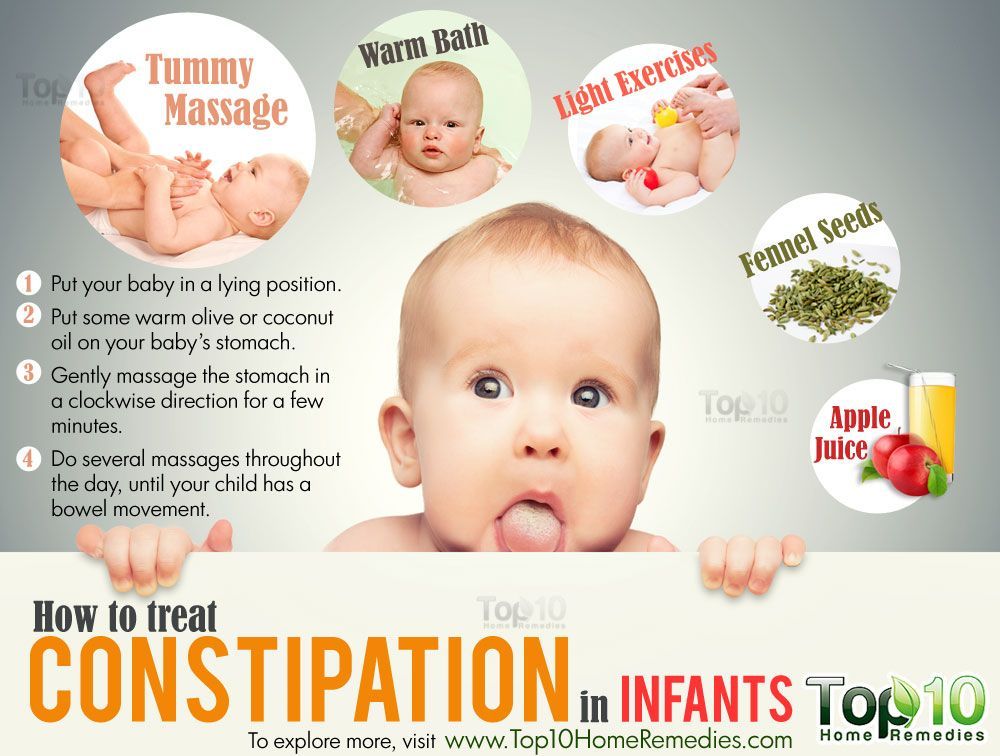 ” As soon as you, with all conceivable precautions, jump out for a minute - to the trash can or kiosk, the baby will immediately know about it. Having tried a couple of times with trembling hands to insert the key into the keyhole, to the wild roar of my cute baby coming from the apartment, I gave up the practice of “jumping out for bread”.
” As soon as you, with all conceivable precautions, jump out for a minute - to the trash can or kiosk, the baby will immediately know about it. Having tried a couple of times with trembling hands to insert the key into the keyhole, to the wild roar of my cute baby coming from the apartment, I gave up the practice of “jumping out for bread”.
It is mandatory to go outside. Not only for walking the child, but also for you. Change of scenery, fresh air and movement are necessary for you to find peace of mind. You will communicate with other young mothers, complain that “your yesterday again performed all night long” - you look, and you will feel better. Or maybe you will be lucky and find someone to cooperate with in order to take turns looking after the children and go shopping and to the children's clinic. The company is always more fun. Again, there is someone to talk to not only at the level of "yeah, lyuli, ghouls."
***
Needless to say, being locked in four walls one on one with a baby is not so easy, unless you come across a "gift option" that only eats and sleeps.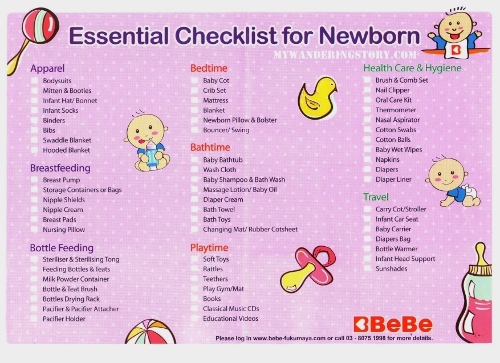 Otherwise, the regimen and pragmatic approach to the situation, coupled with a measure of self-compassion, will save you. If not you, then who will regret it? Most importantly, remember that there is light at the end of the tunnel. The father of the child will return, grandmothers and other relatives will come. At worst, the child will grow up, learn to talk, sleep better at night and cry less. Well, they say, all children sooner or later begin to sleep at night. There is, you know, such a theory ...
Otherwise, the regimen and pragmatic approach to the situation, coupled with a measure of self-compassion, will save you. If not you, then who will regret it? Most importantly, remember that there is light at the end of the tunnel. The father of the child will return, grandmothers and other relatives will come. At worst, the child will grow up, learn to talk, sleep better at night and cry less. Well, they say, all children sooner or later begin to sleep at night. There is, you know, such a theory ...
Caring for a newborn baby - a note to mom
During the first year of life, a child makes a giant leap in his physical and emotional development (just imagine that his brain increases 1.5 times!). But parents also learn a lot, especially if the baby is the first. “How to care for the ears, nose, eyes is, of course, very important, and we will definitely talk about it. But it is equally important to learn to feel your child, ”according to Yulia Viktorovna Andronnikova, pediatrician of the highest category, head of the pediatric department of the Center for Traditional Obstetrics and Family Medicine, this feeling of security and love will accompany the child all his life.
All children are different, their needs are different, and mom and dad will have to find their own way, relying on the opinions of specialists and their own intuition.
The only thing that can be said for sure is that extreme is always bad. And in the upbringing of children in the first place.
Breastfeeding
An important aspect of infant care is proper breastfeeding. This is “the core on which the whole care of the baby is wound. Breast sucking is the main interest of the baby in the first months of life, and in the future and for quite a long time - a priority interest. Breastfeeding helps to build the rhythm of life, help the baby in time, calm down, feed," says Lilia Valentinovna Kazakova, pediatrician of the Territory of Health and SM, AKEV breastfeeding consultant. Sucking activates the bowels. This will help to accustom to "planting" from early childhood. Just in case, let's make a reservation - breastfeeding is certainly good, but it is not a panacea and does not guarantee either good health or deeper affection.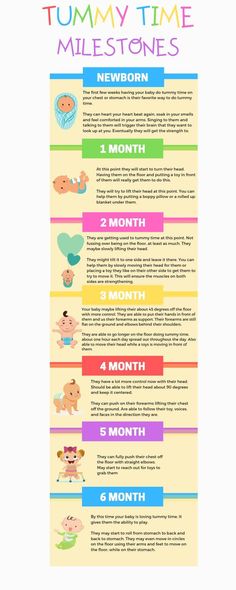 With other mother's efforts, "artificials" can easily catch up, or even overtake "babies" in all respects.
With other mother's efforts, "artificials" can easily catch up, or even overtake "babies" in all respects.
Bathing, care of the umbilical wound and skin
Baby's skin is thin and vulnerable, prickly heat and diaper rash quickly appear on it. Therefore, it is necessary to arrange air baths for the child (the optimum temperature in the room is 20-22 C, humidity is 55-60%). You can bathe daily - the first month for 2-3 minutes (water - about 37 C). Then gradually increasing the time (up to 10 minutes) and lowering the temperature (by 1-2 C). It is better to use baby soap / foam less often - once a week, not more often.
"Never bathe your baby on an empty stomach." This is not a swimmer's training, but a relaxing and hygienic procedure. The kid should be calm and contented with life," reminds L. V. Kazakova. When taking it out of the water, wrap it in a large towel and immediately breastfeed (eat). He sucks, dries, calms down, and after 10-15 minutes you will calmly do everything you need.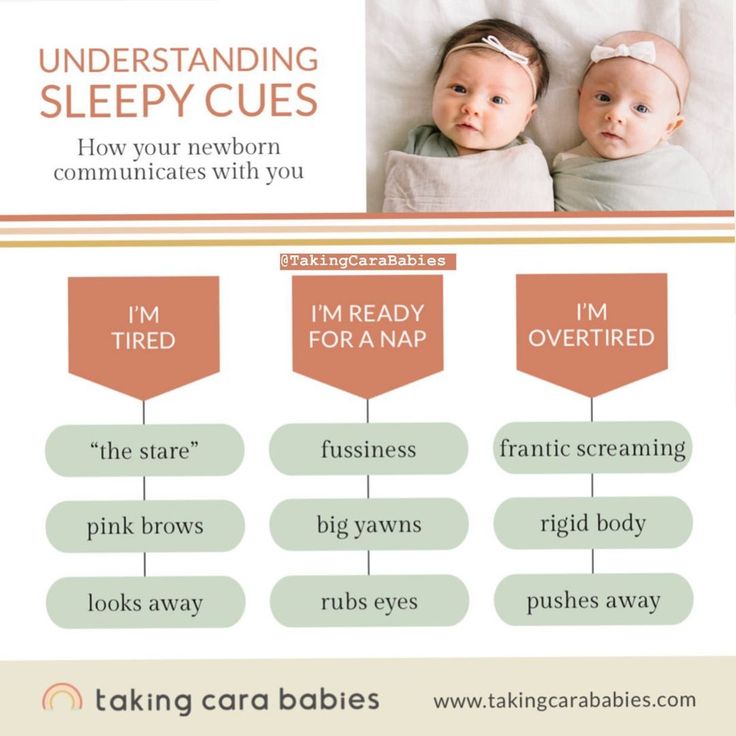 Use only sterile water to treat the remaining umbilical cord (other solutions may interfere with the natural healing process). After rinsing, dry thoroughly with a clean towel (not cotton! To avoid leaving fibers on the navel).
Use only sterile water to treat the remaining umbilical cord (other solutions may interfere with the natural healing process). After rinsing, dry thoroughly with a clean towel (not cotton! To avoid leaving fibers on the navel).
Hygiene for girls and boys
“The first and most important thing for a newborn girl is not to injure her genitals by mechanically removing the lubricant (she will go away on her own over time). Rinse with warm water (use soap once every 3-4 days), and then be sure to moisturize (distribute 1 drop of oil over the entire washed surface),” Galina Vladimirovna Ovsyannikova, an obstetrician-gynecologist of the Health Territory, advises washing from front to back (for this it is more convenient keep your daughter upside down). For signs of inflammation, take chamomile baths, and for more severe redness, treat with Miramistin. Another important - exclusively "female" - nuance of hygiene: "Immediately after birth, a neonatologist-pediatrician should look at the genital gap.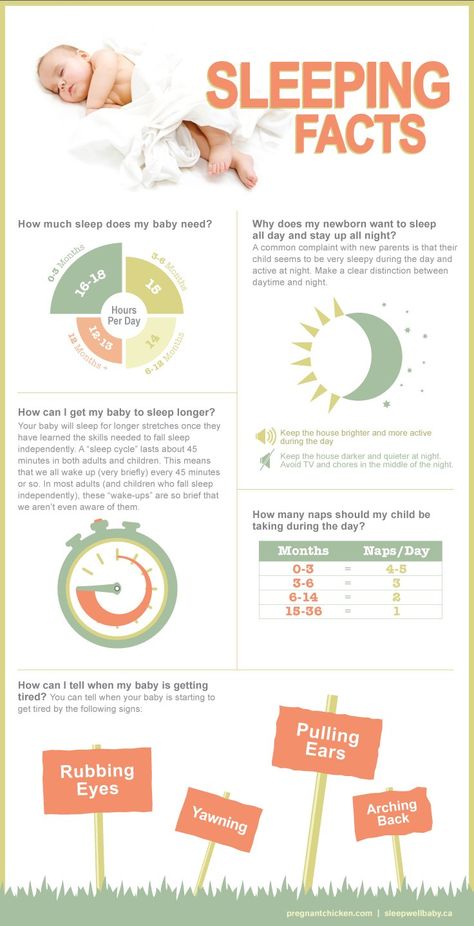 Mom needs to be constantly monitored until 5-6 years old so that she does not overgrow (once every 3-4 days).
Mom needs to be constantly monitored until 5-6 years old so that she does not overgrow (once every 3-4 days).
For boys, pediatricians recommend washing the genitals only from the outside (up to adolescence): during the day, if necessary, wipe with wet baby wipes, and in the evening, while bathing, wash with warm water from the outside and do not climb anywhere else (closing foreskin and smegma are the best natural defense against bacteria)! As for phimosis, up to 3 years is the norm, and a variant of the norm almost until adolescence.
Eye Care
The eyes of a newborn do not need special care. Everything that accumulates on the surface of the baby's eye is removed on its own when the baby blinks. In the morning, in the corners of the eyes, you can see the mucus accumulated during the night - this is also the norm. Rinse the eyelashes / eyelids of the baby with boiled water, wiping with a cotton swab from the outer corner to the inner.
The cause of profuse discharge from the eyes of a newborn may be dacryocystitis, blockage of the nasolacrimal canal. "Proper massage allows you to cope with this disease by the age of 2 months." Massage is simple, but it will be better if a specialist shows it. Also, ophthalmologist Anastasia Borisovna Petukhova recalls that the first examination by an ophthalmologist is immediately after birth, while still in the maternity hospital, and the second is at the age of 1 month: “It is a mistake to think that nothing can be done if the child is still very small. For example, a congenital cataract is operated on at the age of 2-3 months, while later surgical treatment may not be as effective.”
"Proper massage allows you to cope with this disease by the age of 2 months." Massage is simple, but it will be better if a specialist shows it. Also, ophthalmologist Anastasia Borisovna Petukhova recalls that the first examination by an ophthalmologist is immediately after birth, while still in the maternity hospital, and the second is at the age of 1 month: “It is a mistake to think that nothing can be done if the child is still very small. For example, a congenital cataract is operated on at the age of 2-3 months, while later surgical treatment may not be as effective.”
Nose and ear care
Yes, they can and should be cleaned. But the main thing is not to overdo it, warns the otolaryngologist, homeopath and mother of three children Ekaterina Vladislavovna Polinskaya: “You only need to clean the auricle (by no means the ear canal!) After bathing the child.” A small child still does not know how to blow his nose himself (he will learn this by the age of 2-3), so you can instill drops in him in the morning and in the evening based on isotonic sodium chloride solution.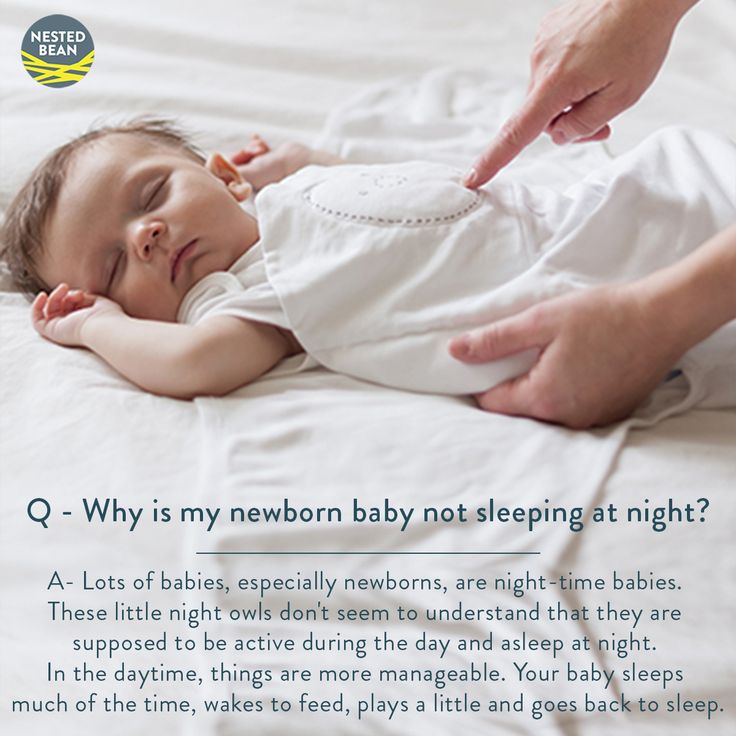 Children under one year of age do not need to use sprays - the auditory tube is still short and wide, this can provoke a rapid reflux of infection from the nasal cavity. The same applies to instillation of breast milk into the nose. “This is physiologically unreasonable and blocks the mucociliary clearance of the nasal cavity. Yes, milk contains proteins, fats and carbohydrates, as well as protective antibodies that are necessary for the baby. But they must still act through the oral cavity, ”explains the doctor.
Children under one year of age do not need to use sprays - the auditory tube is still short and wide, this can provoke a rapid reflux of infection from the nasal cavity. The same applies to instillation of breast milk into the nose. “This is physiologically unreasonable and blocks the mucociliary clearance of the nasal cavity. Yes, milk contains proteins, fats and carbohydrates, as well as protective antibodies that are necessary for the baby. But they must still act through the oral cavity, ”explains the doctor.
Fundamentals of Fundamentals
Not all advances that make life easier for older people benefit the younger generation. Due to the constant use of diapers, pediatrician Yulia Viktorovna Andronnikova warns, the child may have difficulties with the formation of toilet skills, in the "diaper" he does not feel "bottom", does not realize that he is pissing - he does not have the necessary feeling of discomfort for this. Instead of disposable diapers, pay attention to "reusable" cloth diapers - they help to form the necessary skills much faster and are more physiological. The next important task for parents of babies up to a year, according to Yulia Viktorovna, is to teach them to chew and swallow correctly! “Our children drink and eat everything puree until almost 3-4 years old! This has a bad effect on chewing skills, diet. Does not "teach" the stomach to work normally. And finally, you need to organize a sleep schedule. “Unfortunately, modern children often live in a mode that is convenient for their parents: late bedtime, late rising. Whereas all the hormones necessary for the growth and proper formation of internal organs work precisely in sleep, moreover, from nine in the evening. Hug, kiss and rejoice... Together!
The next important task for parents of babies up to a year, according to Yulia Viktorovna, is to teach them to chew and swallow correctly! “Our children drink and eat everything puree until almost 3-4 years old! This has a bad effect on chewing skills, diet. Does not "teach" the stomach to work normally. And finally, you need to organize a sleep schedule. “Unfortunately, modern children often live in a mode that is convenient for their parents: late bedtime, late rising. Whereas all the hormones necessary for the growth and proper formation of internal organs work precisely in sleep, moreover, from nine in the evening. Hug, kiss and rejoice... Together!
And finally, the most important thing. The mental development of the baby, the development of different parts of the brain, and, therefore, different sensory organs, depend on the external impressions that he receives in the first year of life. “Without the proper experience of one-on-one communication with a caring adult, the orbito-frontal cortex is unlikely to be sufficiently developed.